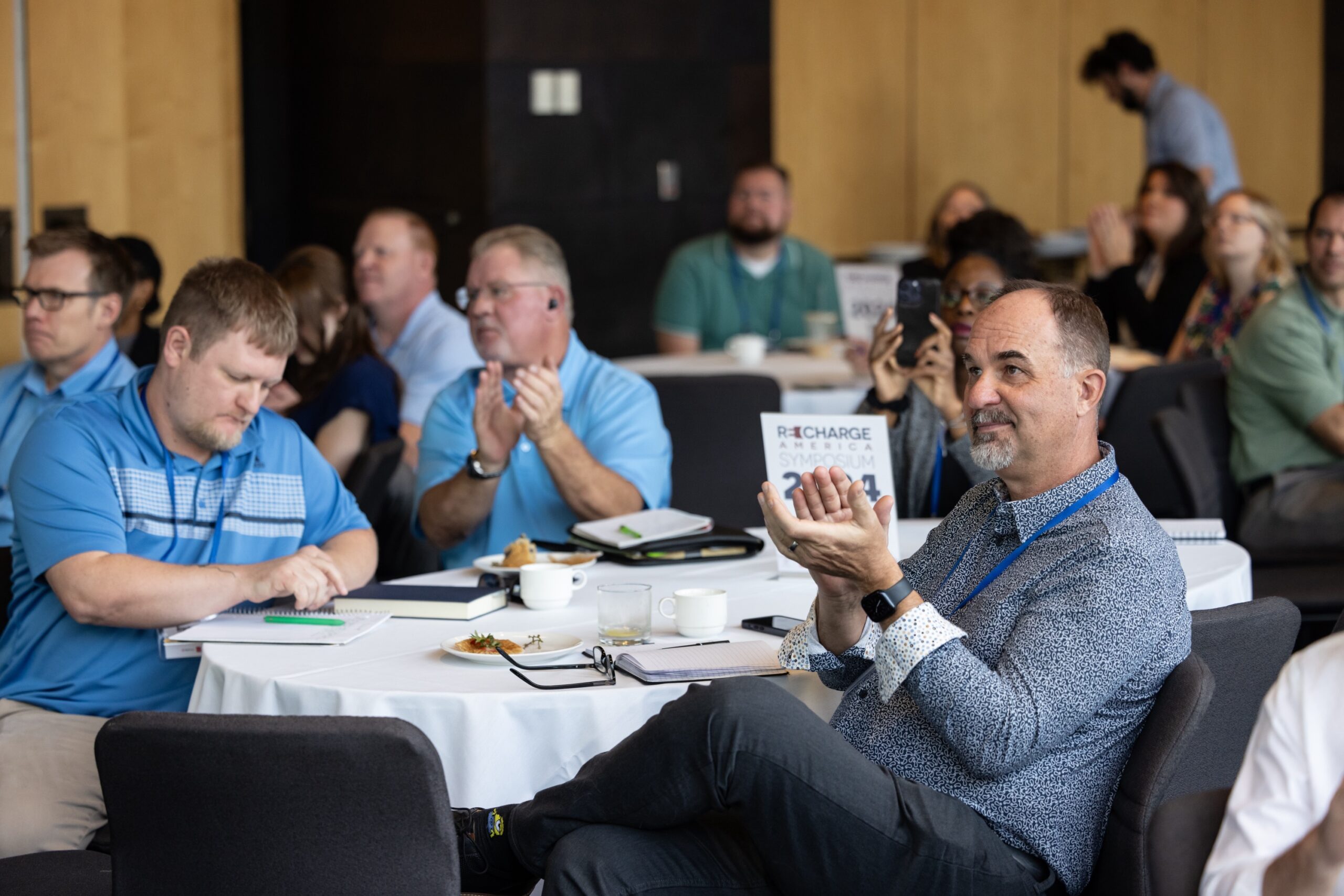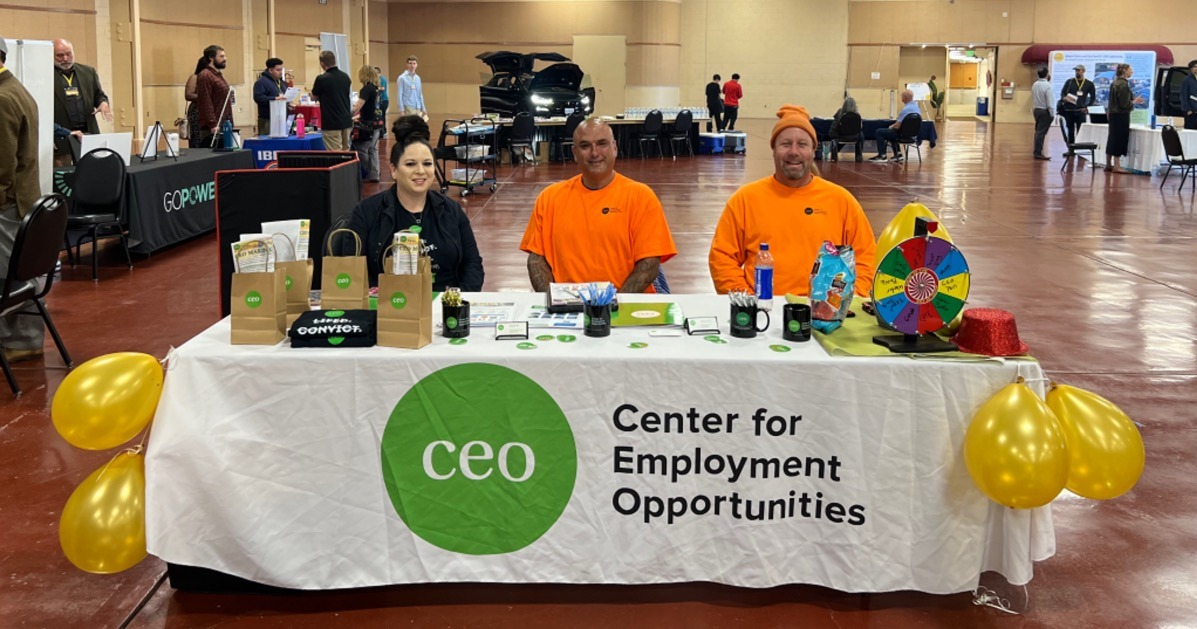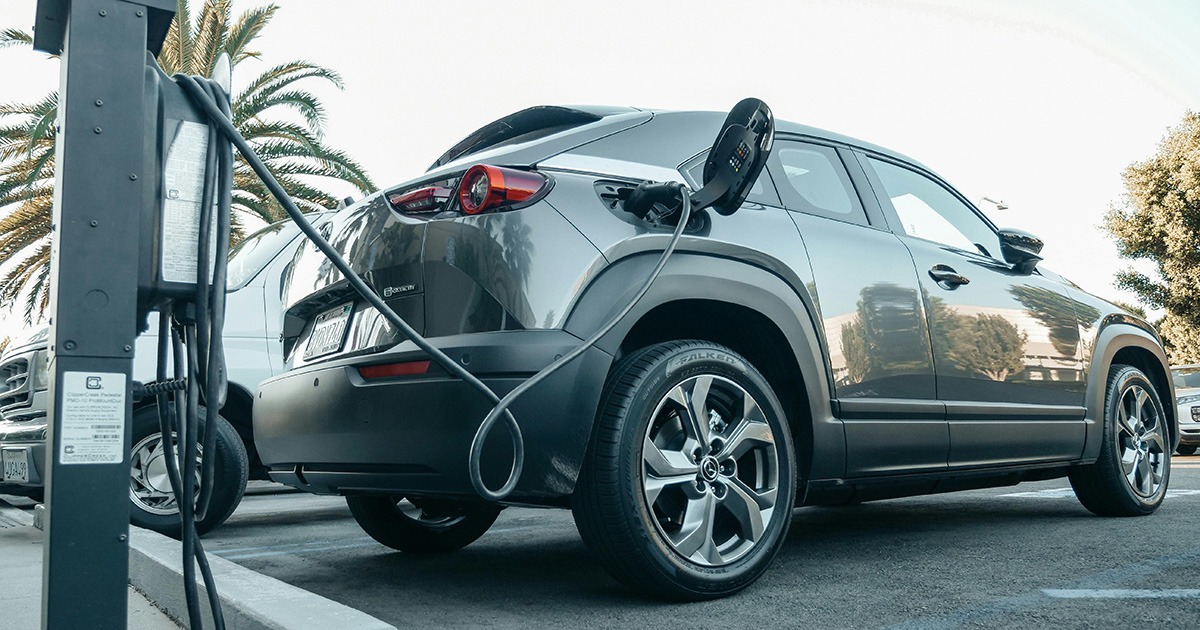 In light of the continued press of disturbing public health news, we have spent the past weeks helping our partners across the country — which include some of the nation’s largest companies, public agencies, and community organizations involved in electric vehicles and environmental issues — unwind from planned public outreach activities previously slated for the upcoming weeks and months. Given the difficult circumstances, our first thoughts certainly are for individuals and communities affected by the rapidly unfolding COVID-19 pandemic and recommendations from experts on steps needed to mitigate as much as possible its negative impacts. The country has quickly integrated social distancing recommendations urged by a wide array of officials: event and public gathering restrictions, travel cancelations, and transitions to virtual work and education.
In light of the continued press of disturbing public health news, we have spent the past weeks helping our partners across the country — which include some of the nation’s largest companies, public agencies, and community organizations involved in electric vehicles and environmental issues — unwind from planned public outreach activities previously slated for the upcoming weeks and months. Given the difficult circumstances, our first thoughts certainly are for individuals and communities affected by the rapidly unfolding COVID-19 pandemic and recommendations from experts on steps needed to mitigate as much as possible its negative impacts. The country has quickly integrated social distancing recommendations urged by a wide array of officials: event and public gathering restrictions, travel cancelations, and transitions to virtual work and education.
If the public health crisis continues to deepen, conversations related to our domain — the link between economic growth and environmental sustainability broadly and electric vehicles specifically — will understandably give way to more immediately pressing topics.
REACH STRATEGIES ENVISIONING VIRTUAL ENVIRONMENT DAYS MARCH 2020
 But what if social distancing accomplishes its goal? Even if public health concerns lessen somewhat, it may be some time before events and traditional outreach activities resume. What role could conversations related to sustainability play during that period? The question becomes all the more poignant given the special prominence that April holds in the annual sustainability communications calendar. Not only is it the home to Earth Day (also commonly thought of as Earth Month), but April 2020 marks the fiftieth anniversary for the celebration.
But what if social distancing accomplishes its goal? Even if public health concerns lessen somewhat, it may be some time before events and traditional outreach activities resume. What role could conversations related to sustainability play during that period? The question becomes all the more poignant given the special prominence that April holds in the annual sustainability communications calendar. Not only is it the home to Earth Day (also commonly thought of as Earth Month), but April 2020 marks the fiftieth anniversary for the celebration.
If social distancing is required over a longer period, the importance of fostering shared values rooted in purpose could remain as important as ever. The strong role that purpose plays at work and in community has been borne out repeatedly. In a 2016 study of 500 companies called “Putting Purpose to Work,” PwC identified meaning in day-to-day work (83%), a strong sense of community (56%), and a feeling of being energized knowing company impact (53%) among the three top aspects for creating a sense of meaning among a company’s workforce. Purpose translates to loyalty, with non-millennials and millennials alike two to five times more likely to remain with their employer when they have a strong connection to their employer’s purpose. A May 2019 Gallup note entitled “The Future of Your Workplace Depends on Your Purpose” put the case in stark economic terms, finding that "'intangible assets' such as culture average 52% of an organization's market value (and in some sectors as much as 90%).” Events and direct interactions rooted in cultivating shared experiences have played a central role in fostering connection and purpose.
 In a 2018 global survey of more than 700 business executives by Harvard Business Review Analytic Services, 93% of respondents said that their organizations placed a priority on hosting events. Direct experience is all the more important for an arena like electric vehicles, where survey data consistently demonstrate that across the country (including California) most consumers have yet to even have their first EV test drive. Yet once consumers have the opportunity, as many as 10-20% report making an EV their next car choice within six months.
In a 2018 global survey of more than 700 business executives by Harvard Business Review Analytic Services, 93% of respondents said that their organizations placed a priority on hosting events. Direct experience is all the more important for an arena like electric vehicles, where survey data consistently demonstrate that across the country (including California) most consumers have yet to even have their first EV test drive. Yet once consumers have the opportunity, as many as 10-20% report making an EV their next car choice within six months.
But if in-person events are not possible, how could elevating themes related to sustainability help continue to bring people together during a time of social distancing?
Transitioning to a virtual Earth Month — and, in the case of education related to EVs, thinking beyond test drives — just might be the answer. We have been working with our partners to explore new approaches for continuing to help build community and support learning about sustainability during this new era, including:
Harnessing Live Streaming
Live streaming can support sustainability conversations while also keeping people safe. Earth Day events, celebrations, and awards can be conducted online, even using a “Ted Talk” style of engagement as speakers from different locations participate.
Building Online Resources for Employees & Community Members
Direct experience helps us learn, and hearing from those who share our personal experiences helps even more. Sharing lessons learned — e.g., how to use an EV around town and during a normal commute — through online platforms can help other colleagues and community members envision new choices from the safety of their own location.
Creating Virtual Event Portals
Events have helped clarify the many choices that confront people when they weigh becoming more sustainable in their daily lives. Even if Earth Day events aren’t happening in person, planned exhibits can be recreated through online portals that showcase innovation and allow visitors to follow their curiosity on a variety of topics throughout the site.
Building Testimonial Libraries
Personal stories rooted in shared values and experiences remain one of the most compelling ways to help people learn and remember. Collecting and sharing short audio/video clips on first-hand experiences provides an important information resource while helping keep employees and community members better connected.
Emphasizing Virtual Learning
Social distancing may afford new opportunities to support virtual learning on a range of sustainability topics. Webinars on internal policies, incentives, and even success stories may find a fresh audience during this period.
Linking Online Engagement to Real-World Action
Virtual resources can be configured to acknowledge participants for taking the time to visit and encourage them to take real world steps. Badges or virtual awards linked to unique users can highlight those who take personal actions or more deeply engage online content. Delivering incentives to online participants can help people do even more.
Promoting Peer and Leadership Learning
Providing opportunities for peers and leaders to discuss their personal sustainability approach as a way to help others can encourage action while also fostering a stronger sense of connection.
Creating Personalized Experiences
Sustainability experiences can be delivered as concierge opportunities even in a virtual world. In-person test drives or virtual test drives and consumer experiences can be created to satisfy interest in exploring new options even if larger group experiences are not available.
These and other ideas will continue to sharpen as we carefully find our way through a new and uncertain time. We share these thoughts in the hopes that steps like these can help facilitate the return of safer public health circumstances as soon as possible, even as we carry forward our collective work to secure a better planet for us all.
Contact us to learn more.


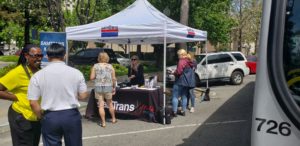 In light of the continued press of disturbing public health news, we have spent the past weeks helping our partners across the country — which include some of the nation’s largest companies, public agencies, and community organizations involved in electric vehicles and environmental issues — unwind from planned public outreach activities previously slated for the upcoming weeks and months. Given the difficult circumstances, our first thoughts certainly are for individuals and communities affected by the rapidly unfolding COVID-19 pandemic and recommendations from experts on steps needed to mitigate as much as possible its negative impacts. The country has quickly integrated social distancing recommendations urged by a wide array of officials: event and public gathering restrictions, travel cancelations, and transitions to virtual work and education.
In light of the continued press of disturbing public health news, we have spent the past weeks helping our partners across the country — which include some of the nation’s largest companies, public agencies, and community organizations involved in electric vehicles and environmental issues — unwind from planned public outreach activities previously slated for the upcoming weeks and months. Given the difficult circumstances, our first thoughts certainly are for individuals and communities affected by the rapidly unfolding COVID-19 pandemic and recommendations from experts on steps needed to mitigate as much as possible its negative impacts. The country has quickly integrated social distancing recommendations urged by a wide array of officials: event and public gathering restrictions, travel cancelations, and transitions to virtual work and education.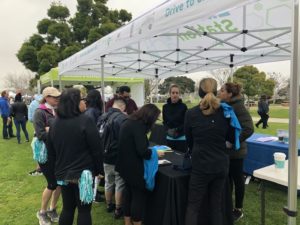
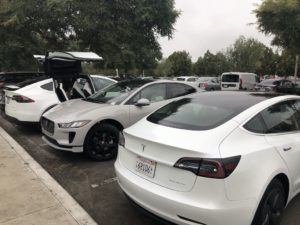 In a 2018 global survey
In a 2018 global survey 